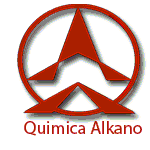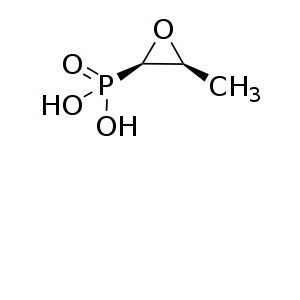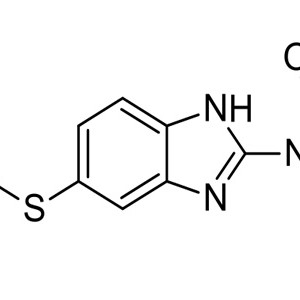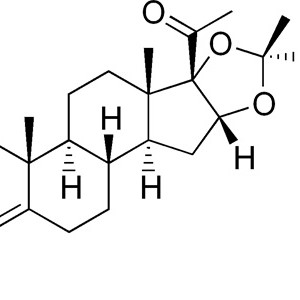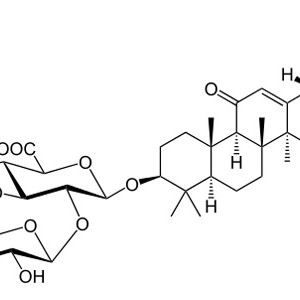Ketorolac Tromethamine
Ketorolac or ketorolac tromethamine is a non-steroidal anti-inflammatory drug (NSAID) in the family of heterocyclic acetic acid derivatives, used as an analgesic. Ketorolac was developed in 1989 by Syntex Corp. (now Roche Bioscience, which is a wholly owned subsidiary of Roche holding Ltd., the parent company of Roche).[1] It was approved by FDA on 30 November 1989 and introduced as Toradol by Syntex.[2] The ophthalmic (i.e., eye-drop) form was approved by FDA on 9 November 1992 and was introduced as Acular eye drops by Allergan under license from Syntex.[3] An intranasal formulation of ketorolac tromethamine was approved by FDA on 14 May 2010 and introduced as Sprix Nasal Spray by Daiichi Sankyo[4] for short-term management of moderate to moderately severe pain requiring analgesia at the opioid level.

Starting at
Product Description
|
(±)-5-benzoyl-2,3-dihydro- 1H-pyrrolizine-1-carboxylic acid, 2-amino-2-(hydroxymethyl)-1,3-propanediol |
| Trade names | Toradol, Acular and Sprix |
| AHFS/Drugs.com | monograph |
| MedlinePlus | a693001 |
| Licence data | US Daily Med:link |
| Pregnancy category |
AU: C US: C (Risk not ruled out) |
| Legal status |
AU: S4 (Prescription only) US: ℞-only |
| Routes of administration |
Oral, I.M., I.V. |
| Bioavailability | 100% (All routes) |
| Metabolism | Hepatic |
| Biological half-life | 3.5–9.2 hrs, young adults; 4.7–8.6 hrs, elderly (mean age 72) |
| Excretion | Renal: 91.4% (mean) Biliary: 6.1% (mean) |
| CAS Number | 74103-06-3 |
| ATC code | M01AB15 S01BC05 |
| PubChem | CID: 3826 |
| DrugBank | DB00465 |
| ChemSpider | 3694 |
| UNII | YZI5105V0L |
| KEGG | D08104 |
| ChEBI | CHEBI:6129 |
| ChEMBL | CHEMBL469 |
| PDB ligand ID | KTR (PDBe, RCSB PDB) |
| Formula | C15H13NO3 |
| Molecular mass | 255.27 g/mol |
| SMILES[show] | |
| InChI[show] | |
